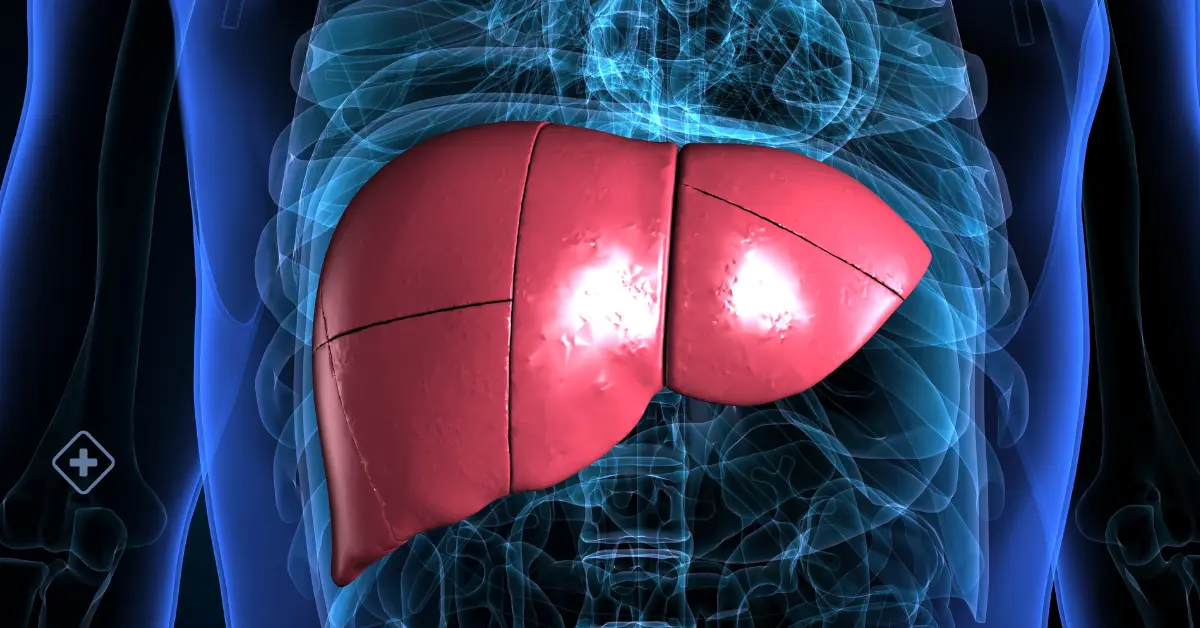
Irritable Bowel Syndrome (IBS)
Treatment for IBS focuses on relieving symptoms and improving the quality of life for those who suffer from it.

IBS, also known as irritable colon, is a functional gastrointestinal disorder. This means that despite its uncomfortable symptoms, it is not associated with structural damage to the intestine and does not increase the risk of serious diseases such as colorectal cancer.
This disorder is characterized by a combination of chronic symptoms related to colon and intestinal motility. A Gastroenterologist's role is crucial when it comes to addressing IBS.
IBS Symptoms
-
Abdominal pain: Often described as cramps pain, varying in intensity and location.
-
Changes in bowel habits: Diarrhea, constipation, or alternating between the two.
-
Bloating and gas: Abdominal bloating and gas build-up can cause significant discomfort.
-
Mucus in stool: Some people notice mucus in their stool, which is characteristic of this condition.
-
Incomplete bowel movement sensation: Feeling that the bowel has not completely emptied after defecation.
Why do we have IBS?
The exact causes of IBS are not fully understood but are believed to involve several factors, including:
-
Intestinal motility disorders: IBS is thought to be related to alterations in intestinal motility, which can lead to changes in the frequency and consistency of bowel movements. Gastroenterologists are experts in evaluating these disorders.
-
Visceral sensitivity: Some people with IBS may have an especially sensitive colon that overreacts to stimuli and stress. Visceral sensitivity is an active area of study in gastroenterology.
-
Psychological factors: Stress, anxiety, and depression can worsen IBS symptoms in some people. Gastroenterologists can work with mental health professionals to address these factors.
-
Changes in the gut microbiota: The composition of the gut microbiota is different in people with IBS, suggesting an important role for gut flora.
What is the treatment for IBS?
Treatment for IBS focuses on relieving symptoms and improving the quality of life for those who suffer from it. Some treatment options include:
Dietary changes
Gastroenterologists often recommend dietary adjustments, such as reducing the intake of foods that trigger symptoms, such as certain dairy products or high-fiber foods. Nutritional guidance is an important part of treatment.
Medications
Medications such as antispasmodics or antidiarrheals may be prescribed to control IBS symptoms. Gastroenterologists evaluate the need for these medications.
Psychological therapy
When stress and anxiety are triggers, cognitive behavioral therapy can help people learn to manage these aspects.
Fiber supplements
In cases of constipation, gastroenterologists may recommend fiber supplements to improve bowel regularity.
Probiotics
Some people with IBS find symptom relief by including probiotics in their diet, which can help balance the gut microbiota.
When should I see a doctor for IBS?
If you experience IBS symptoms that significantly affect your quality of life, it is essential to seek medical attention, preferably from a Gastroenterologist. They are the most qualified specialists to address this condition. You should also see a doctor if:
-
You experience severe or new symptoms, such as rectal bleeding or unexplained weight loss, which require immediate evaluation by a gastroenterologist.
-
IBS symptoms significantly interfere with your daily activities, social relationships, or work.
-
You have atypical symptoms or are unsure if your symptoms are related to IBS.
When it comes to addressing IBS and its challenging symptoms, it is essential to have a specialized and understanding medical team ready to provide you with the necessary support. At BlueNetHospitals, we understand the complexity of IBS and are committed to providing you with the expert care you deserve.
BlueNetHospitals
BlueNet Hospitals - Blue Net Hospitals

Cirrhosis
Cirrhosis can be caused by a variety of diseases and risk factors
Crohn's Disease
Crohn's disease can be unpredictable, with periods of remission where symptoms disappear
E. coli
The symptoms of an E. coli infection can appear three to four days after exposure
Gastritis
If untreated, gastritis can lead to severe complications, such as ulcers and stomach bleeding
- Do You Need an Appointment with a Specialist?
- call us
- write us
- let's talk





